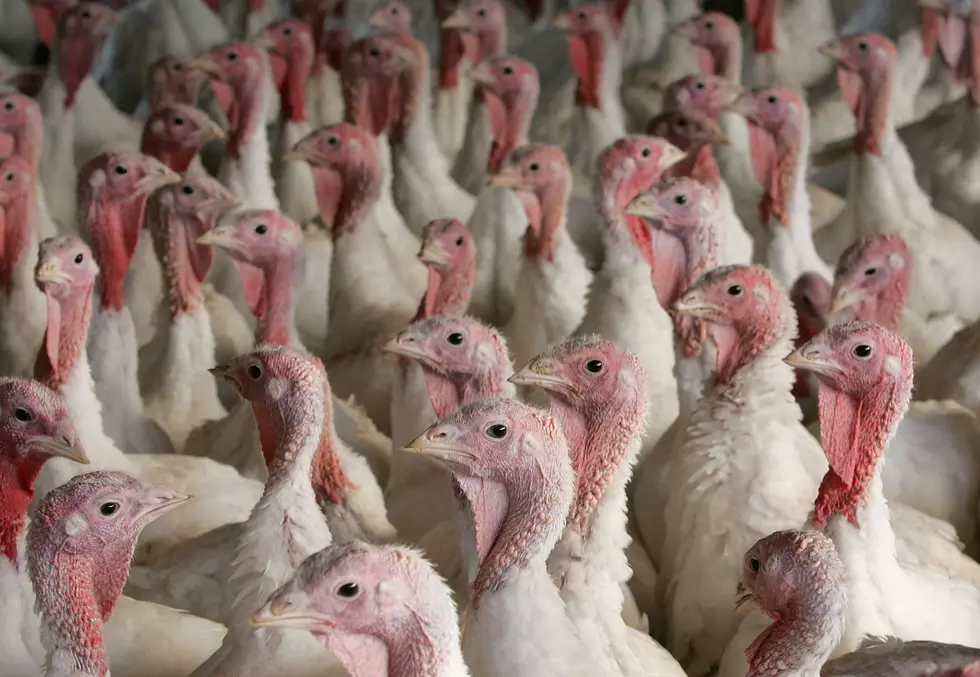
Are You Nitrogen Smart?
Another program is coming up to help farmers understand more about nitrogen called Nitrogen Smart. Nitrogen is a maco-nutrient needed for corn production. It is quite simple, without the proper amount of nitrogen available in the soil, you cannot produce a good corn crop. The dilemma is that nitrogen in the nitrate form is water soluble and that is the only form that is available to the corn plant. Being water soluble also means it can be lost to leaching as water moves through the soil profile.
Nitrogen Smart is a new training program for farmers that presents fundamentals for maximizing the economic return on nitrogen while reducing the potential for losses. Water quality has been in the news a lot this past year, and nitrate nitrogen is getting a lot of attention. It is frustrating to hear on the news about farmers' use of nitrogen and that we are only concerned about a good corn crop. Concerns for water quality and the environment are secondary. Let me point out producing a good corn crop and concern for water quality go hand in hand.
On my farm, I follow the best management practices for determining my nitrogen rates. That is about 120 pounds of nitrogen per acre. That 120 pounds of nitrogen will cost about $50 dollars an acre. I want to do everything I can to ensure that it is not lost. As one farmer said, "I paid for it, and I do not want it going down the Mississippi River!"
The Nitrogen Smart program is being paid for by the Minnesota Corn Growers using check-off dollars. Farmers pay into the check-off every time they sell a bushel of corn. That means farmers themselves are paying for this educational program.
The Nitrogen Smart program is being presented by Brad Carlson with the University of Minnesota Extension Service using science-based research on nitrogen management. You do not need to preregister and there is no registration fee. Nitrogen Smart will be held at three locations in our area: March 8 from 9AM to noon in Waseca at the Southern Research and Outreach Center; March 11 from 9AM to noon at the Dakota County Extension Office in Farmington; and March 15 from 9AM to noon in Rochester at the Heintz Center.
More From KDHL Radio









